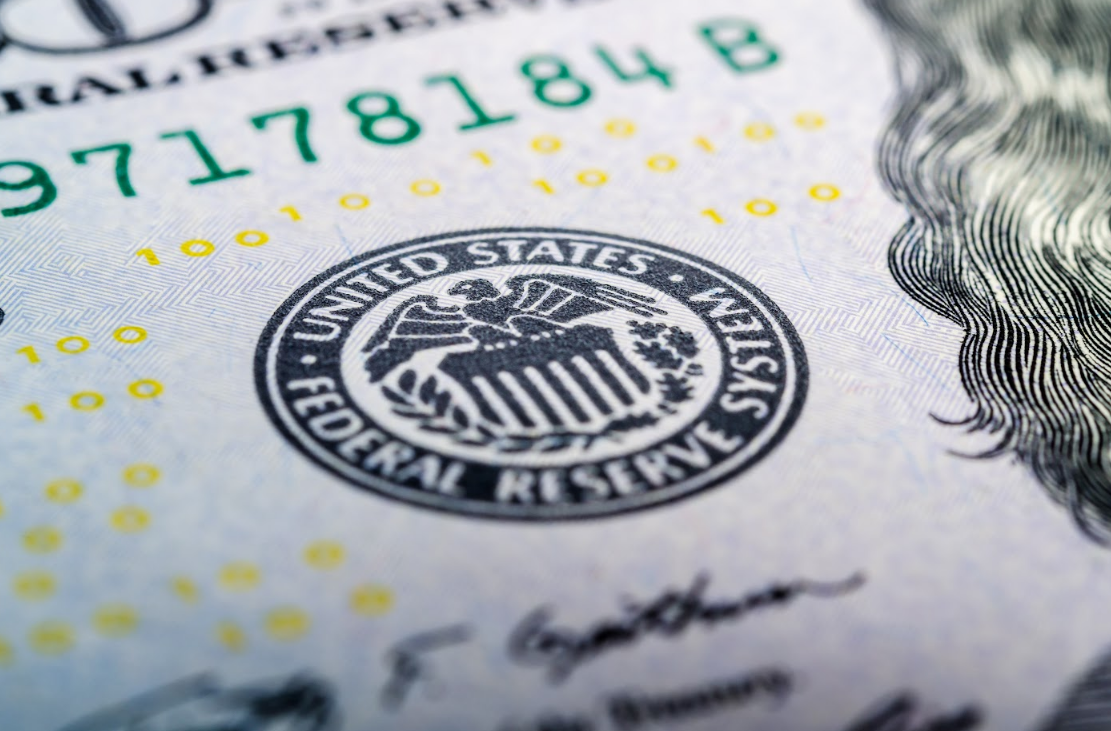
Researchers at the Federal Reserve have delved into the world of tokenizing real-world assets (RWAs) on blockchain technology. This exploration sheds light on the transformative power of tokenization, emphasizing its potential benefits and financial stability implications.
Tokenization, as elucidated in the paper, is the process of creating digital avatars, known as crypto tokens, for non-crypto assets, often referred to as reference assets. This innovative approach intertwines the digital asset ecosystem with the traditional financial system, creating a complex web of connections.
As RWAs, including stocks, bonds, real estate, and commodities, undergo tokenization, they gain the ability to harness blockchain’s advantages.
Tokenization: Bridging The Gap Between Digital And Traditional Assets
One notable aspect explored in the paper is the idea that as tokenized assets gain momentum and scale, they may serve as conduits, transmitting volatility from the crypto markets to the markets of the token’s reference assets. This interconnectedness could have far-reaching implications for both digital and traditional financial markets.
The Federal Reserve paper underscores two primary advantages of tokenization. Firstly, it lowers the entry barriers for investors looking to access markets that were traditionally challenging to penetrate.
Bitcoin approaches the key $27K zone. Chart: TradingView.com
Secondly, it significantly enhances the liquidity of these markets, fostering more efficient asset trading and allocation. However, the paper does not shy away from addressing the potential financial stability risks associated with tokenization.
While tokenization is still in its nascent stages, the researchers at the US central bank believe it has the potential to become a more prominent component of the crypto ecosystem. Tokenization’s success, they argue, lies in its ability to simplify market access for a broader range of users, thereby increasing liquidity and potentially improving overall market stability.
Federal Reserve: Insights And Implications For The Future
The Federal Reserve’s exploration of tokenization highlights the growing significance of blockchain technology in the financial world. As tokenization continues to evolve, it could pave the way for a more inclusive and liquid financial ecosystem.
However, regulators and market participants must remain vigilant, as the interconnectedness between crypto and traditional markets brings forth new challenges in terms of financial stability.
The Federal Reserve paper on tokenization serves as a significant step toward understanding the potential benefits and risks associated with this emerging technology. It’s a bold step towards creating a more inclusive and accessible financial landscape.
As the crypto landscape continues to grow, it is crucial for policymakers, investors, and market participants to stay informed and adapt to these transformative changes, ultimately shaping the future of financial markets.
Featured image from Shutterstock

















